A conversation happening in home education circles right now is about the definition of education. It comes as UK Parliament attempts to pass a bill that will profoundly impact the way families across the country can home educate their children. Our parental duty is to provide suitable education; thus, we ask, “What is education?”
Governments the world over try to quantify a “suitable education.” (The amount of testing I’ve heard about both in the US and UK to assess the quality of education is staggering.) Except it isn’t black and white. There is a place for academics, of course, but excellence in academics isn’t the end goal: I believe it’s more of a by-product.
There is more to education than good grades and perfect attendance. If you know me personally, you know that the Victorian educator, Charlotte Mason, heavily influences our home education. Miss Mason’s twenty educational principles have inspired and helped many home educators, including myself. The goal of education is the formation of character. As a parent and teacher, we are to instil virtue in our children so they can discern what’s right and make the right choices. Miss Mason says this is achieved using the tools of atmosphere, discipline, and life. But what does that mean?
“A Person is a Person”
Dr. Suess famously said, “A person’s a person, no matter how small.” It is a line meant to illustrate how we need to treat everyone with the respect due them regardless of who they are. I know it’s a bit of a stretch to compare a line from Dr. Suess to Charlotte Mason, but she outlines something similar in her philosophy of education. One thing that first drew me to Miss Mason’s philosophy is her first principle that “children are born persons.” I loved that in order to raise and educate a child, a parent and teacher must look at each child holistically. We must keep their personality and all their natural tendencies in mind. Each child born has not just a physical presence in this world, but a spiritual one too, with thoughts and feelings, along with physical and emotional needs. Each child is also born with everything they need to learn about the world around them and has a mind and heart that needs to be fed and nurtured/discipled.
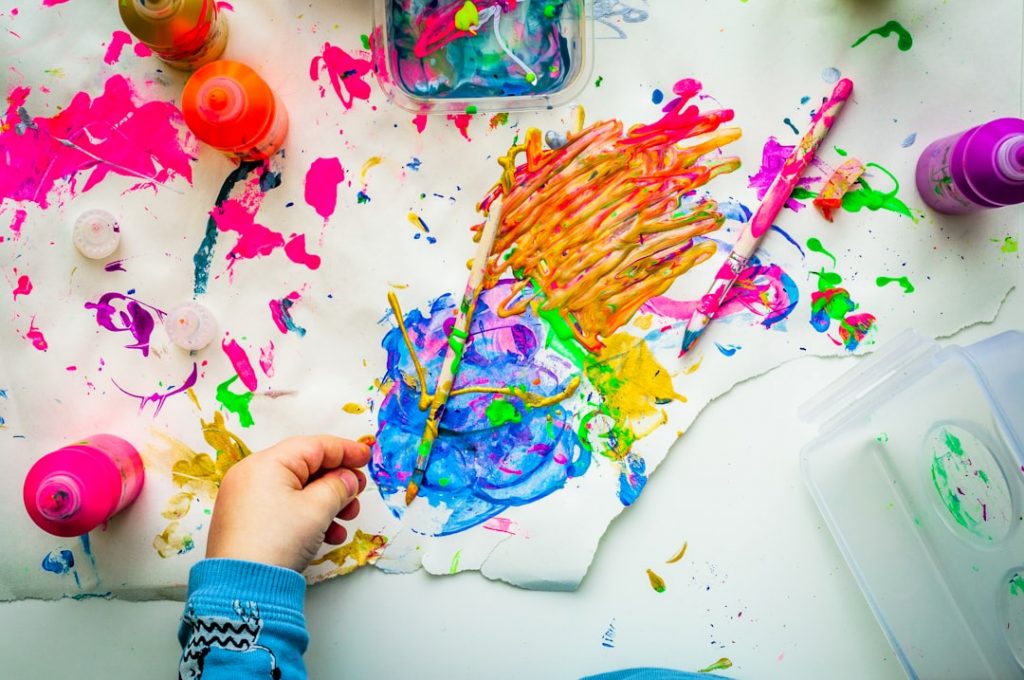
Because our children are born persons, it is our responsibility to provide an education that will teach our children how to choose what is right because they know it’s right. We must teach them how to live in an ordered world under authority and to fulfil their roles in this world. Education then becomes growing in character and teaching the conscience.
This is where Miss Mason’s 3 tools of education come in: the atmosphere, discipline, and life.
Education is an Atmosphere.
The atmosphere is more than just the building in which education takes place. It’s our daily rhythms; it’s our family values; it’s the tone we as parents and teachers set in our home. Also, education happens all the time, not at any set time during our week. We could experience this on Saturday at the allotment or the local supermarket.
After seven years of home educating, we finally have a pleasant rhythm to our days. It changes from time to time because it’s flexible, but it facilitates learning in our home. A daily rhythm helps set time aside for learning and exploring together.
I’ve written before about defining your family values. They’re important because they help inform what choices you make regarding your education and family life. A few years back, our family defined what our 3 family values are. This enabled us to explore our choices through the lens of our core values for our family.
Atmosphere is also what our children see modelled in us. If I don’t put my clean laundry away immediately, how can I expect my children to do likewise?
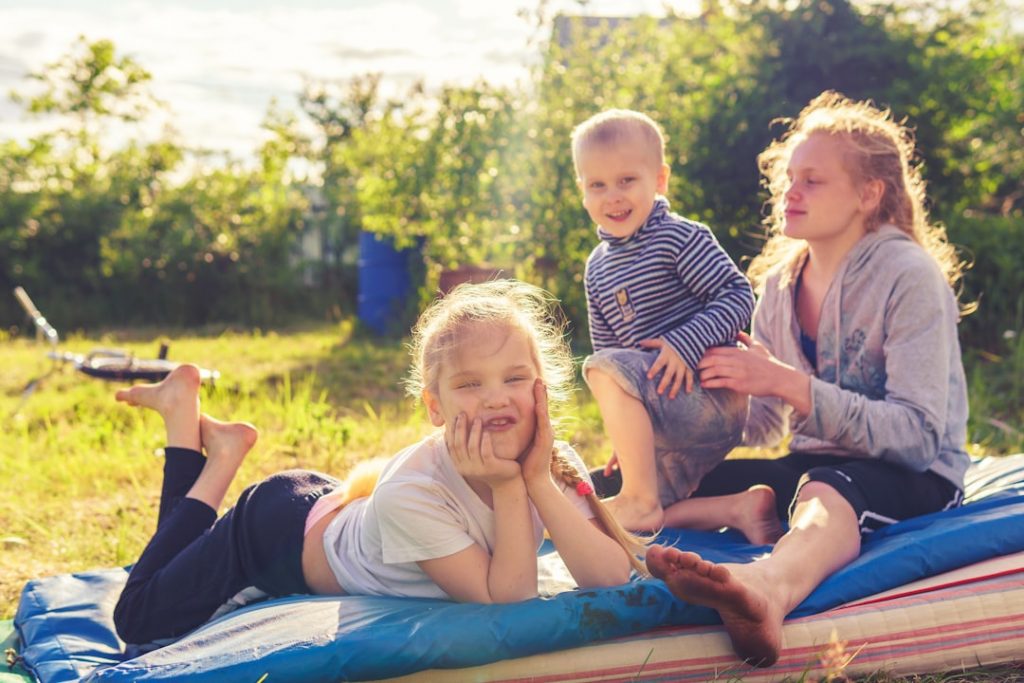
Education is a Discipline.
Discipline in education thoughtfully and purposefully helps children learn good habits, like truthfulness and attention. It is well known that it doesn’t take long for a bad habit to take hold if ignored for too long—and then we have to undo it. We as human beings instinctually like our habits, and we can intentionally form good habits or unintentionally form bad ones. Many of our family rhythms have become so because of the slow and steady practice of our habits. Habits also form a moral character in part. If my child is in the habit of telling the truth, they will be known for being such.
“As it has been well said, ‘ Sow an act, reap a habit; sow a habit, reap a character, sow a character reap a destiny.’ And a great function of the educator is to secure that acts shall be so regularly, purposefully, and methodically sown that the child shall reap the habits of the good life, in thinking and doing, with minimum of conscious effort.” —Charlotte Mason, Parents and Children
When thinking about what an education is, what is it you want your children to be known for as they get older? Their qualifications and academic prowess? Or for their character of truthfulness, kindness, responsibility, and patience? Without the latter, the former means nothing.

Education is a Life.
A well-rounded education is often compared to a feast. The big holiday in our family is Thanksgiving. Living in the UK, we invite many friends around for Thanksgiving dinner and request various “traditional” Thanksgiving dishes (we provide the turkey and mashed potatoes). The result is a feast beyond what any of us can digest on our own. There is something to tickle the tastebuds of everyone in attendance, although many don’t partake of every dish, nor does everything get finished. The variety provided in our Thanksgiving dinner means hungry friends will be nourished by what they need.
The same is for a well-rounded education. We as parent and teacher spread a feast of ideas before our children in a variety of subjects so our children can sample a little of everything. Not every subject will be to their taste or preference, but it is important to provide a variety so our children can take what they need. If we only fed our children turkey and potatoes because it’s what they like, it is not a balanced diet. The same goes for education: if a child only reads history books or graphic novels (not bad things in themselves), they’re exposed to limited ideas. Providing our children with an abundance and variety of ideas means we give them well-written books full of ideas to feed their minds.
One further thought on education being a life: In the 21st century, I believe ideas also come from experiences that fit in with your family values and educational goals. A visit to a science museum or living history museum are also ways to feed a child’s mind on ideas.
It is decidedly impossible to define education in the space of one post. In short, education involves the formation of character using the tools of atmosphere, discipline, and life. We set the tone for our children’s education; the thoughtful formation of habit builds character; a generous feast of ideas feeds the mind. I think it’s a beautiful way of life, one that myself and our children will carry on for many years to come. This kind of education is for everyone, not just your children. Even if you or your children aren’t in school, you can still fill your mind with good ideas and build healthy habits—because education is a life, after all.
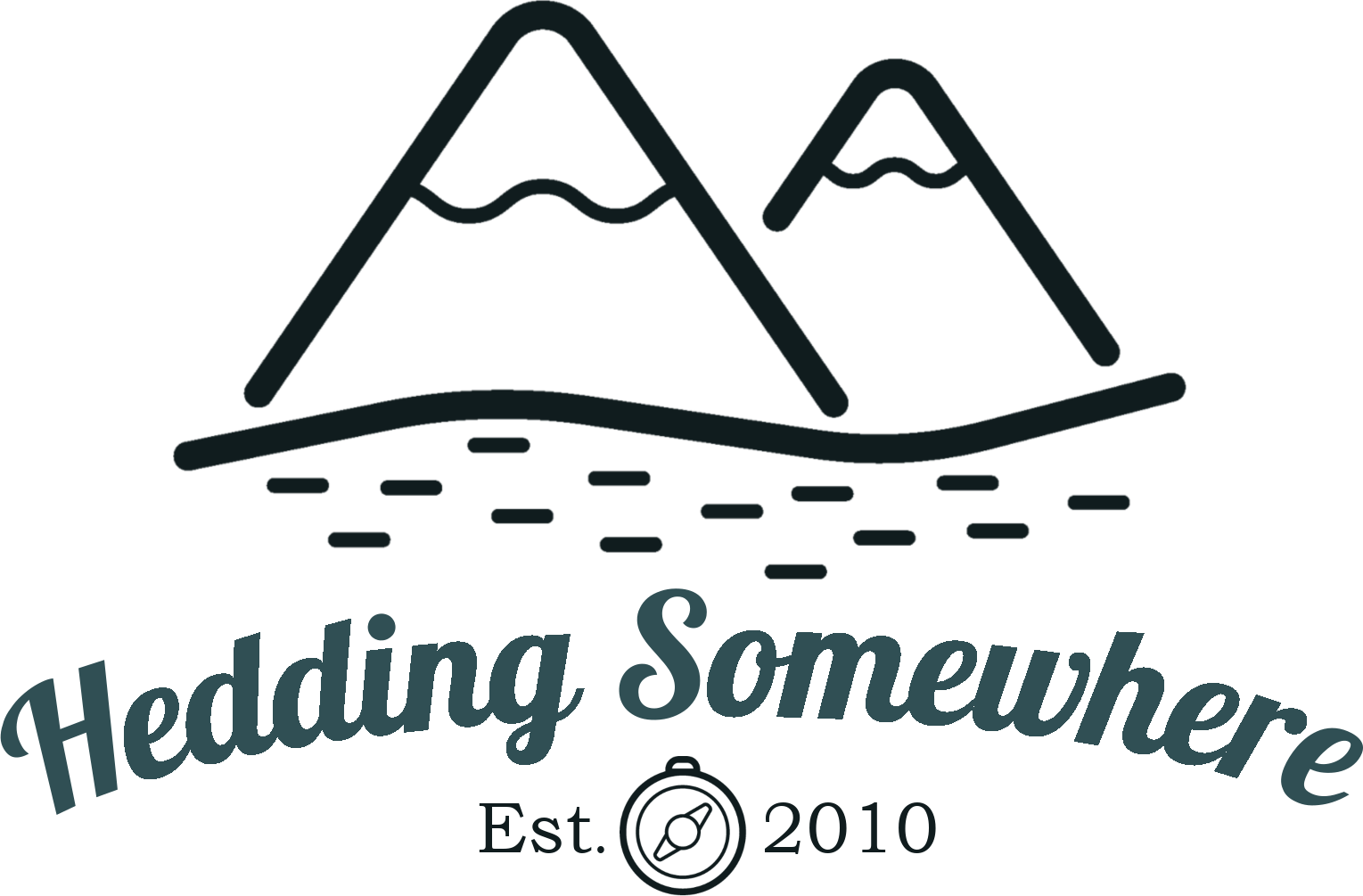
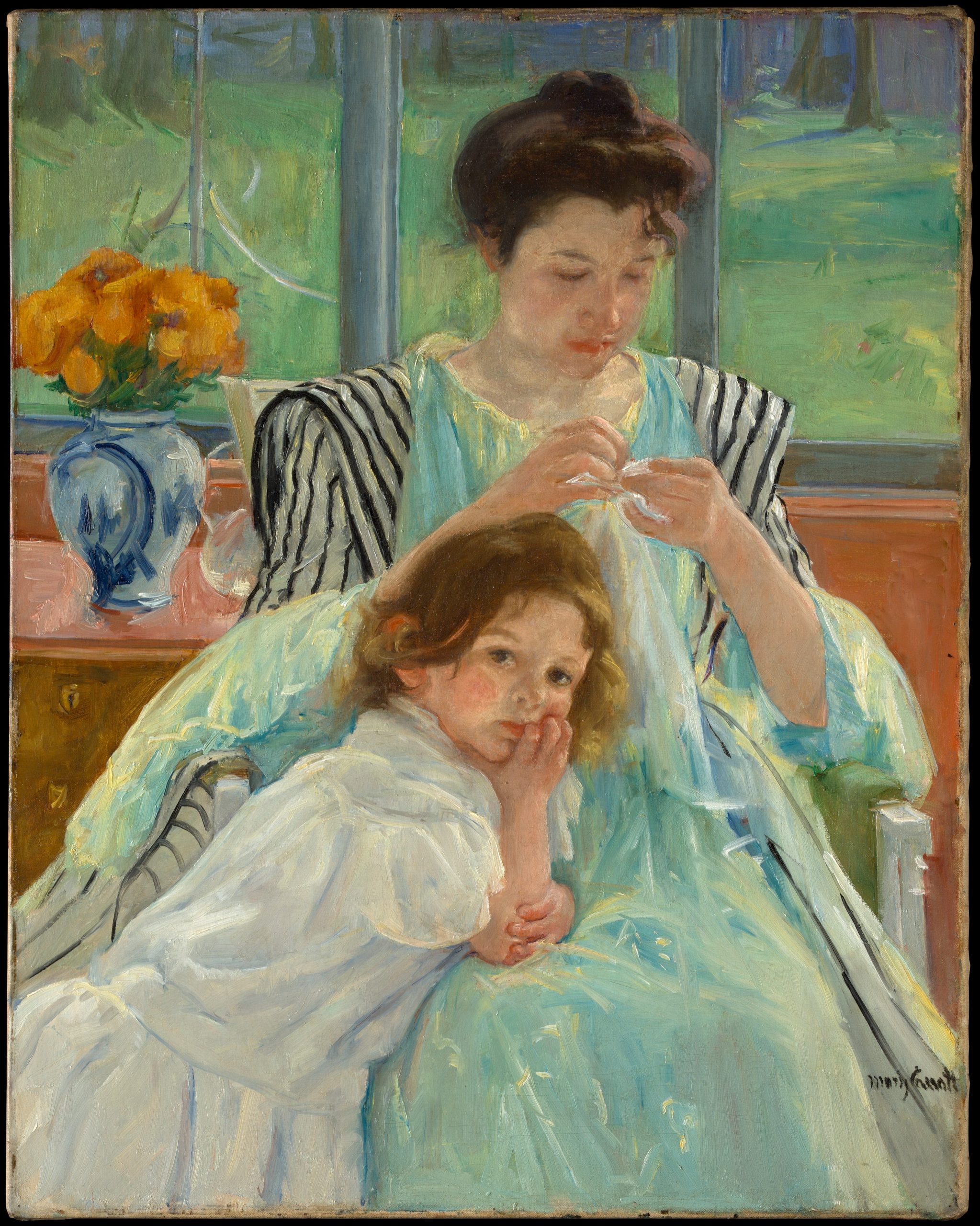
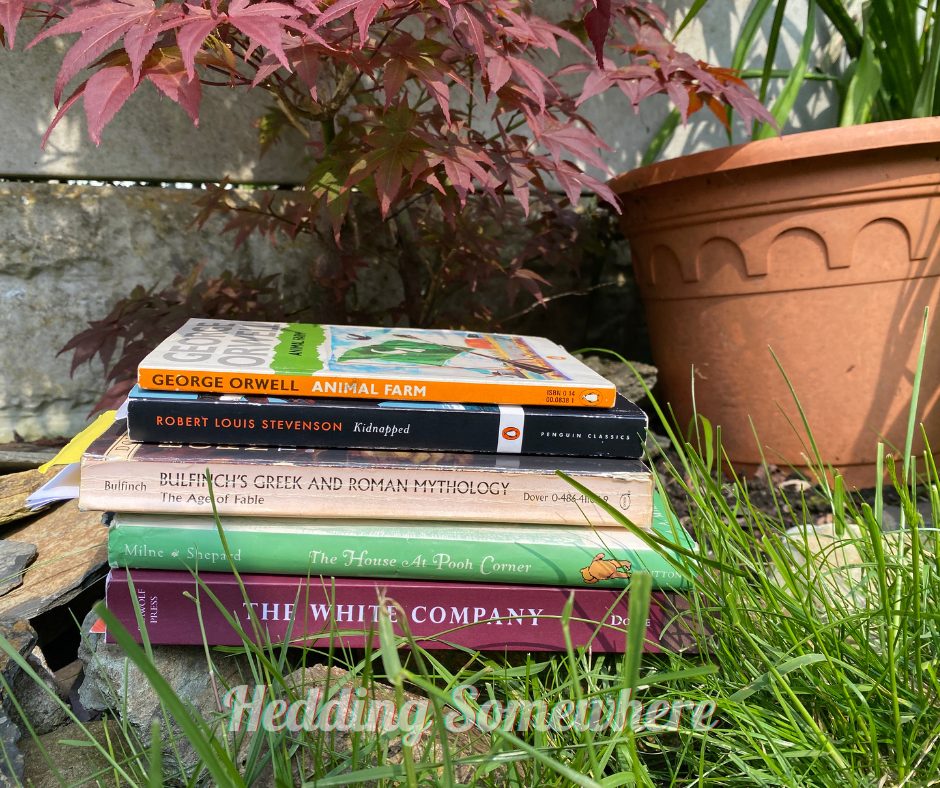

That is such a good description of home education. Thanks for sharing your heart about your journey with your family.